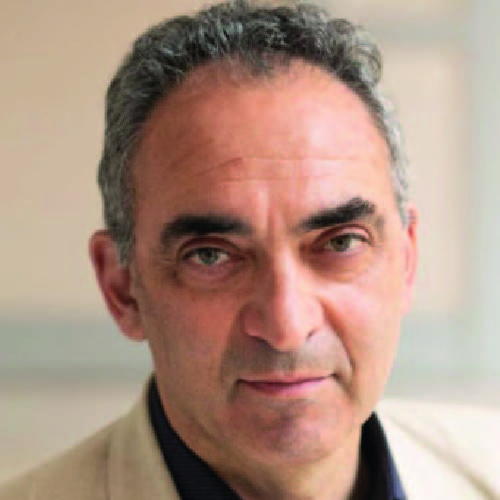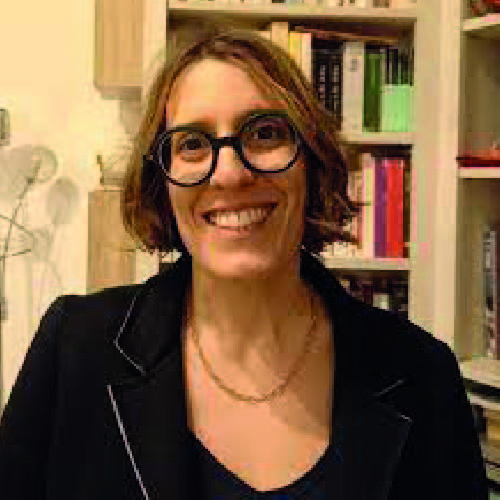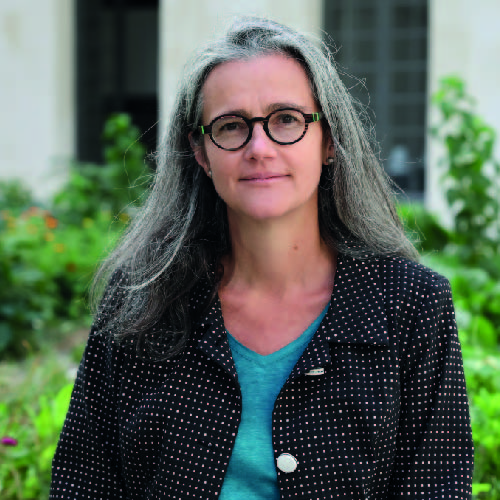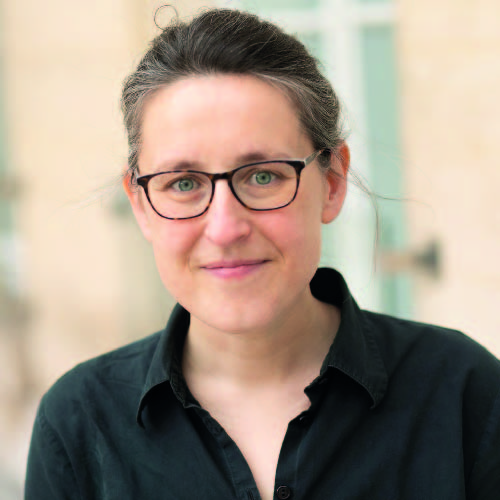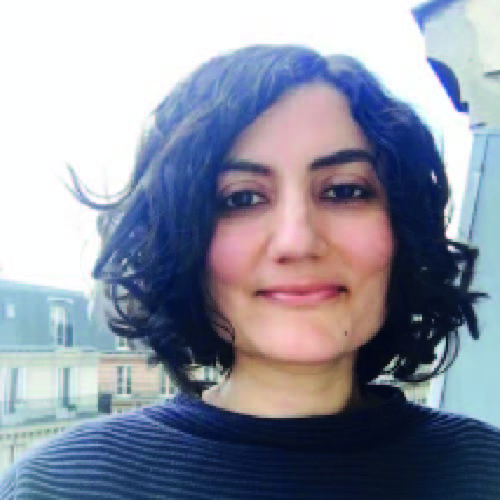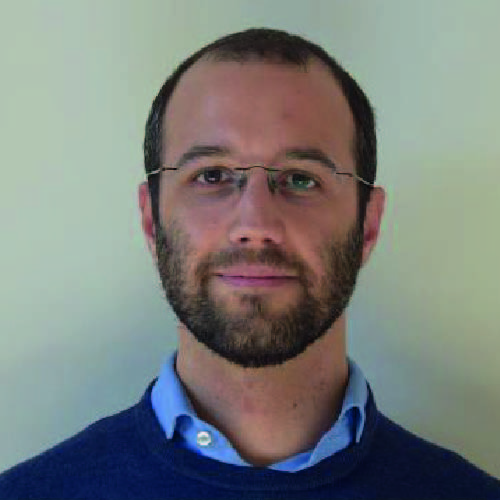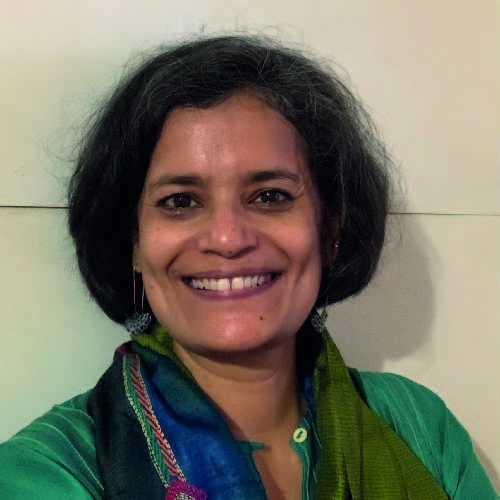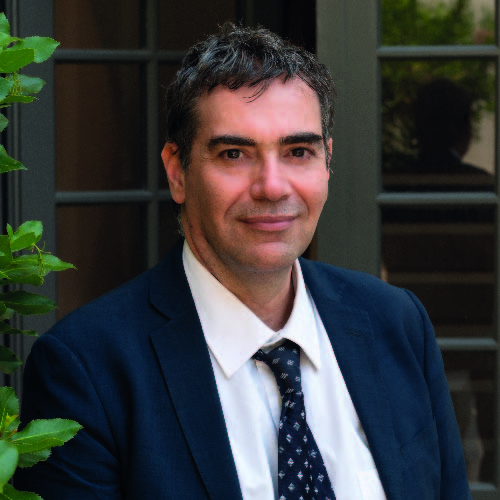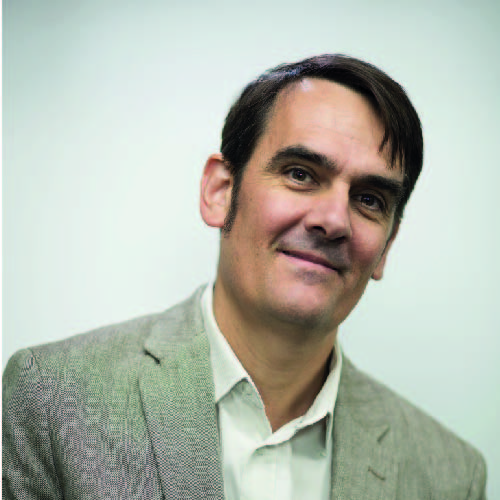AESOP 2024 ANNUAL CONGRESS | EVENING EVENT
36th AESOP Annual Congress 2024 Paris, France
“GAME CHANGER? Planning for just and sustainable urban regions”
Planning Theories in the Deleted Lands
Organizers:
- Benjamin Davy, TU Dortmund University
The AESOP logo is of a curious design. It uses a cartographic image of “Europe”, but deletes all lands the logo designers and AESOP do not consider to be properly European. Turkey and Russia are included, but South of Italy and Spain, the Mediterranean Sea is presented as limitless. I have frequently criticized the AESOP logo for being Eurocentric and racist (e.g., in the 19 th AESOP Lecture presented at RTWH Aachen in October 2023). As former colonies of European countries and empires, the deleted lands are connected with European history, culture, and politics. Since 2014, more than 20,000 women, men, and children have drowned in the Mediterranean Sea while trying to reach Italy or Greece or other European shores. Most of them started their final journey in one of the deleted lands. The AESOP logo belittles their tragic deaths.
The deleted lands include Morocco, Algeria, Tunisia, Libya, Egypt, Israel, Gaza and the West Bank, Jordan, Saudi Arabia, Lebanon, Syria, Iraq. The precise list depends on a geographical interpretation of the AESOP logo. Possible contributions must not be limited to the deleted lands mentioned explicitly above. The logo leaves it to the imagination of the audience how far the process of logo-inspired deletion reaches.
As organizer of the special session, I am hopeful that the AESOP community is generous and open-hearted. And most interested as to what planning theories mean to planning academics and practitioners in the deleted lands. Contributors will focus on one specific country or the whole region of Northern Africa and/or the Middle East. Possible questions for contributions may include
- the colonial legacy of contemporary planning;
- the influence of planning theories from Western countries (particularly from Europe);
- the impact of politics, religion, or culture on planning;
- the relationship between urban development and capital investments;
- the role of climate action in contemporary planning;
- the relationship between Northern Africa, the Middle East, and the European Union with respect to planning.
The 2024 AESOP Congress in Paris offers a wonderful opportunity for a conversation on planning theories and the deleted lands. All interested in participating in the special session are encouraged to submit an abstract.
Keywords: Northern Africa; Middle East; colonial legacy of planning; planning theories; diffusion of ideas
LOC
The Local Organising Committee
